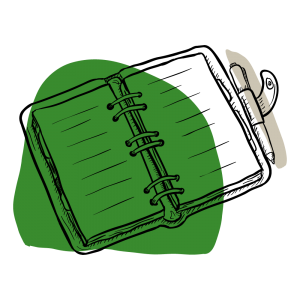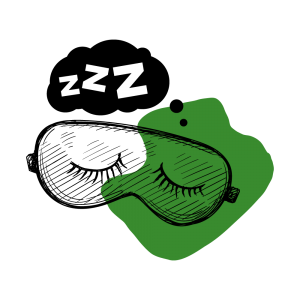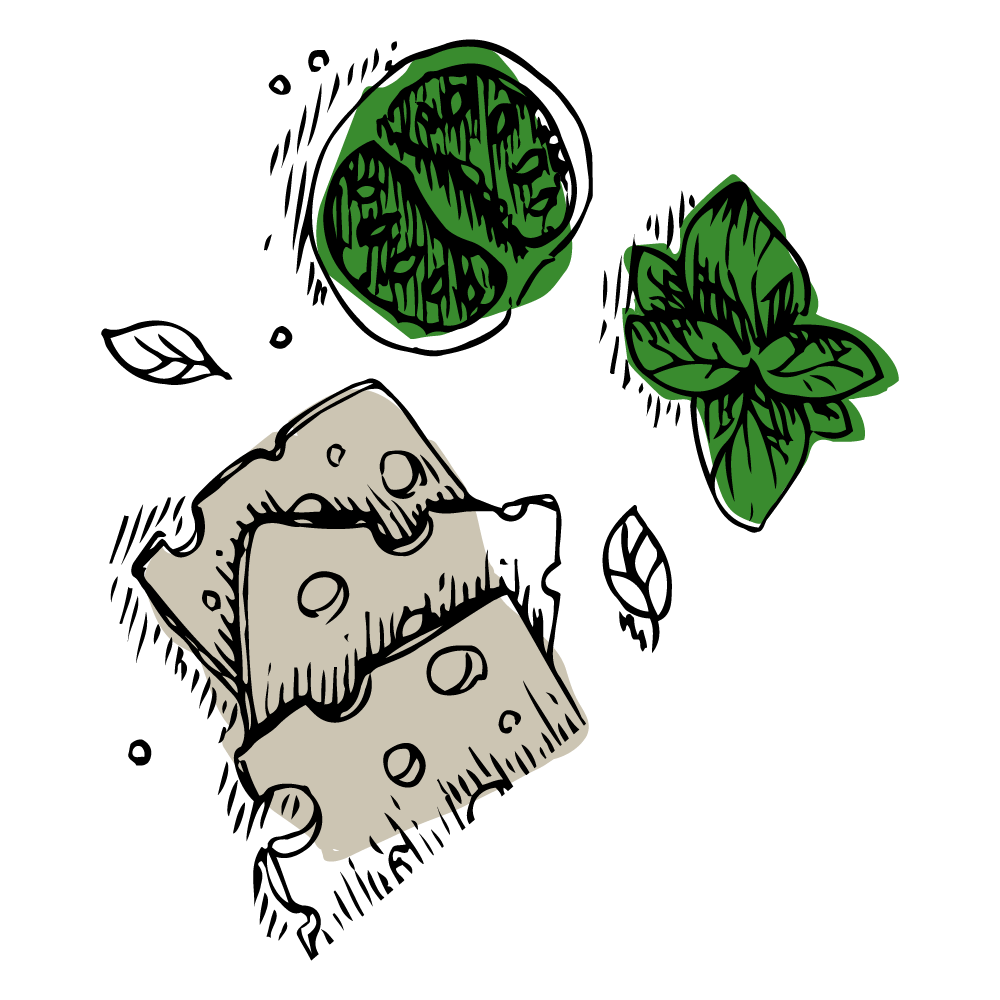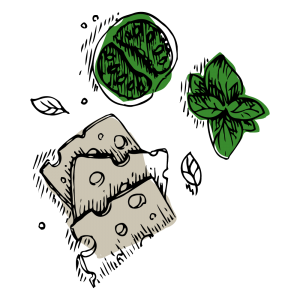 3 tips for going on a “food
3 tips for going on a “food
elimination protocol”
So, you decided to change something about your eating habits. Something you have been living with for the longest time is no longer bearable and you came to the realisation (knowledge really) that your food is the key to optimal health. Your own research, your doctor, your nutritionist, your friend, your sister’s coworker’s second cousin, whoever, suggested that you try some form of elimination protocol. Maybe you’re curious, maybe you tried and it didn’t work, maybe you tried and it worked until it didn’t.
This article is not about a specific protocol, or the details of what you should “eliminate”. These 3 tips are rather strategies that I found helpful and effective in my practice when it comes to nourishing the body better.
 – Starting a food and mood journal
– Starting a food and mood journal
It starts with knowing yourself and where you are right now. It is very hard to change your habits if you don’t know what they actually are or what it is about those habits that you don’t like. You may think you know yourself, but I will dare to say you only know what you can see at one moment. By filling out a journal every day for several days, you can, without rush, in much more detail, and more objectively, look back and pinpoint exactly what it is that is holding you back, and you can plan strategically for the changes you want to make. If starting with big changes has held you back in the past, take the time to get to know your daily patterns, and start with just one thing.

– Counting the sheep to sleep sleep sleep
Nothing in this world can make up for a lack of sleep. Science has shown again and again that lack of sleep impairs our decision making powers.1 Again and again it has been proven that poorer sleep habits lead to poorer nutritional choices.2,3 You making any decisions in daily life, food related or not, without adequate and good quality sleep, is actually quite comparable to you making those decisions drunk.4 Sleep is essential for a restored mind and body, and it is essential if you have taken up the challenge of changing your eating habits. With a better rested brain, your new habits will feel less difficult and you will be more resilient when things get out of hand.
 – Don’t actually call it an “elimination protocol”
– Don’t actually call it an “elimination protocol”
(So don’t go to x-free food or products first)
You will notice that a certain word is missing from this blog post. You may even notice that is missing entirely from this website. I shall not mention it here, but I know for a fact that really, even when most people are well intentioned and think this is an “elimination protocol” to reverse whatever symptoms, deep down they are really just trying another xxxx. Science has shown, here also again and again, that this almost never works, especially never long term.5 This rarely leads to long lasting health. So what do you do, what do you call it?
If you really must call it something, call it an alternative culinary experience or something similar (the nta has 2 modules called culinary wellness in their training program). Trying a new dish should always be exciting. Cooking and eating a fragrant and veggie filled chicken thai red curry for a special occasion, or adding herbs to your usual minced meat concoctions, making pesto sauce to add to your usual dinner or salad, is not you eliminating, but adding.
Whatever you call it, I invite you to think positive and adopt a mindset of abundance. I don’t mean positive as in optimistic, have faith, all those positive quotes from people in la la land. What I mean by positive is “additional”. Don’t start by taking away or even replacing, start by adding. You may see change come gradually, and see that changes are longer lasting.
This goes back to the foundation of nutritional therapy: nutrient dense food. Regardless of what and how you eat or what you call yourself, vegan, paleo, etc, anyone can benefit from a diet that is more diverse.6-8 Add first, eliminate later if that’s what you really want.
References
- Chen J, Liang J, Lin X, et al. Sleep deprivation promotes habitual control over goal-directed control: Behavioral and neuroimaging evidence. J Neurosci. 2017;37(49):11979-11992.
- Soltanieh S, Solgi S, Ansari M, Santos HO, Abbasi B. Effect of sleep duration on dietary intake, desire to eat, measures of food intake and metabolic hormones: A systematic review of clinical trials. Clinical Nutrition ESPEN. 2021;45:55-65.
- Yang CL, Schnepp J, Tucker RM. Increased hunger, food cravings, food reward, and portion size selection after sleep curtailment in women without obesity. Nutrients. 2019;11(3).
- Walker M. Too extreme for the Guinness book of world records – Sleep deprivation and the brain. In: Why we sleep. Penguin Books; 2018:138.
- Memon AN, Gowda AS, Rallabhandi B, et al. Have Our Attempts to Curb Obesity Done More Harm Than Good? Cureus. 2020;12(9):e10275.
- Kong W, Jiang T, Ning Y, et al. Dietary diversity, diet quality, and oxidative stress in older adults. Geriatr Nurs. 2022;48:158-163.
- Poorrezaeian M, Siassi F, Qorbani M, et al. Association of dietary diversity score with anxiety in women. Psychiatry Research. 2015;230(2):622-627.
- Vadiveloo M, Dixon LB, Mijanovich T, Elbel B, Parekh N. Dietary variety is inversely associated with body adiposity among us adults using a novel food diversity index1, 2, 3. The Journal of Nutrition. 2015;145(3):555-563.


 3 tips for going on a “food
3 tips for going on a “food

